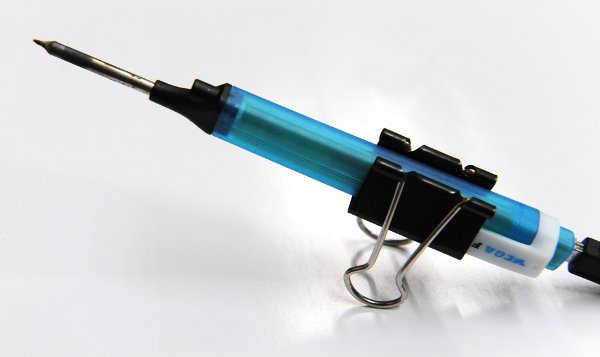Ding! You’ve Got a USB Desk Bell
If you like having lots of bells and whistles attached to your computer, we’ve got you at least partially covered here. Using a microcontroller and a homemade solenoid inside a desk bell, Instructables user Meseta walks you through how to create a USB-based dinging notification system. The bell can be used to notify you of […]






